TEHRAN(Bazaar) – Tariq Raouf, former Director General of the Atomic Energy Agency says The attacker's goal was to weaken Iran's negotiating position by damaging Natanz and putting it out of operation for several months; but the attacker seems to have been surprised by Iran's response to push enrichment up to 60%.
Following is the text of the interview with Tariq Raouf:
Bazaar: The Vienna Summit resumed after Israel's destructive action against Iran's Natanz nuclear facility. Why did the parties prefer the meeting to continue?
Rauf: The Vienna talks resumed at The Grand Hotel on Wednesday as the US/E3/EU want to roll back Iran's nuclear activities to within JCPOA limits, while Iran is seeking sanctions relief. Iran retaliated against the attack at Natanz by informing the IAEA that it would now enrich up to 60% at the Pilot Fuel Enrichment Plant (PFEP) at Natanz.
Bazaar: One of Israel's goals in this action was to get Iran the winner card in the negotiations. This was a great help to the United States. Given Iran's announcement of 60 percent enrichment, do you think Israel has achieved its goal? That is, was it able to empty Iran's hand in the negotiations?
Rauf: The attacker's goal was to weaken Iran's negotiating position by damaging Natanz and putting it out of operation for several months; but the attacker seems to have been surprised by Iran's response to push enrichment up to 60%. This seems to have turned the tables against the US/E3/EU in the short term as they might have wished to capitalize on the damage to Natanz and push Iran to make compromises. On the other hand, the reaction from Saudi Arabia has been harsh statements.
Bazaar: The Chinese representative to the international institution in Vienna, Austria, said that the nuclear expert group tasked with determining Iran's actions to return to the JCPOA is well ahead of the expert group on the lifting of US sanctions against Iran. What do you think is the reason for this?
Rauf: It is not surprising that the expert working group on nuclear issues is reported to have made more headway than the sanctions lifting working group, because it is easier to identify and list the nuclear actions that Iran would need to take to go back to JCPOA limits such as exporting out of Iran more than 2600 kg of enriched uranium to meet the 300 kg JCPOA limit; export out of Iran heavy water in excess of 130 metric tonnes; stop enrichment at the Fordow Fuel Enrichment Plant (FFEP) and only do R&D activities; take out of service advanced centrifuges at Natanz, etc. On the other hand, Iran is facing some 1600-1700 sanctions imposed by the Trump administration and levied for both "nuclear" and "terrorism" reasons. By making many sanctions also under terrorism, Trump has made it difficult for Biden. But Biden could reverse sanctions using executive authority and push back against Congressional opposition, but the Biden team seems divided on removing sanctions. some wish them to continue and deal with the next president in Iran, others like Robert Malley prefer to remove Trump sanctions to restore the JCPOA.
Bazaar: Iran has stated that it has no opportunity for erosive negotiations and a conclusion must be reached as soon as possible. Why do you think the other side of Iran tends to prolong the talks?
Rauf: I think the Rouhani team wants to leave office with the sanctions removed and the JCPOA back in place for its own reputation; but others in Iran might wish to extend the situation and have the new president negotiate with the US/E3/EU now that Iran has some breathing space with the oil deal with China.
The Iran file has been open at the IAEA now for nearly 10 years with more than 100 reports by the IAEA; John Kerry said in Vienna on 14 July 2015 that the US wants to move forward and with the JCPOA Iran's nuclear programme can be monitored for peaceful uses and to put aside previous issues. the Iran file at the IAEA needs to be returned to normalcy and all sides should work towards this goal and also develop regional confidence through dialogue on nuclear safety and security in the Gulf region facilitated through the IAEA -- and at the IAEA steps need to be taken to prohibit armed, cyber and other attacks against nuclear facilities under IAEA safeguards.

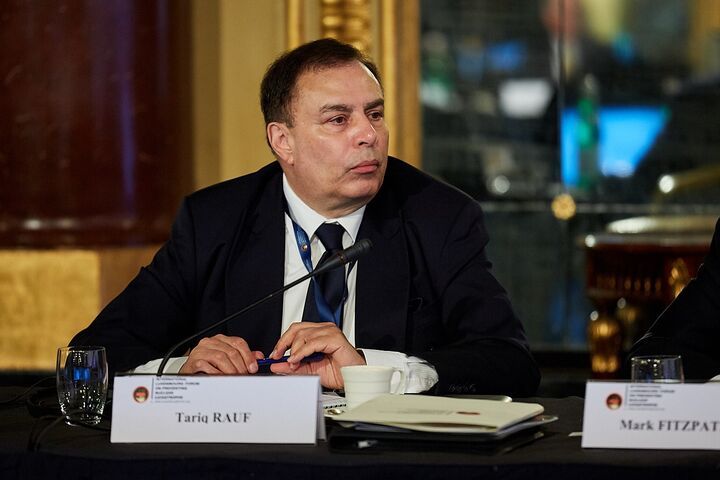




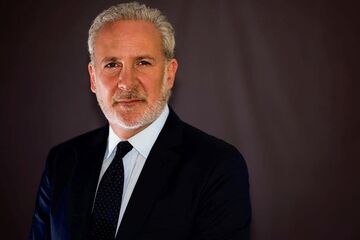


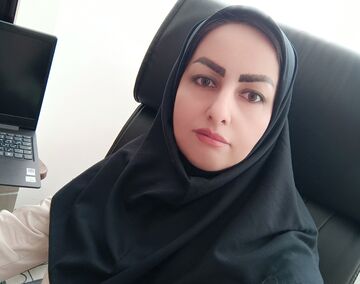
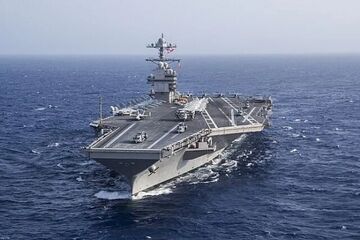
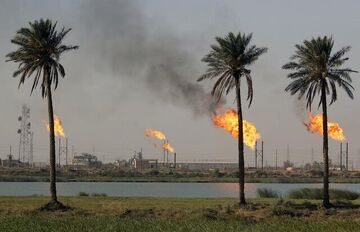
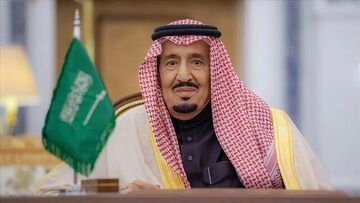

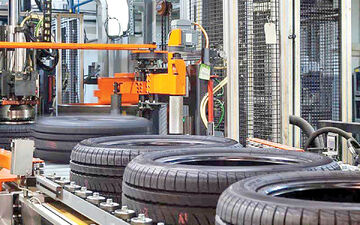
نظر شما